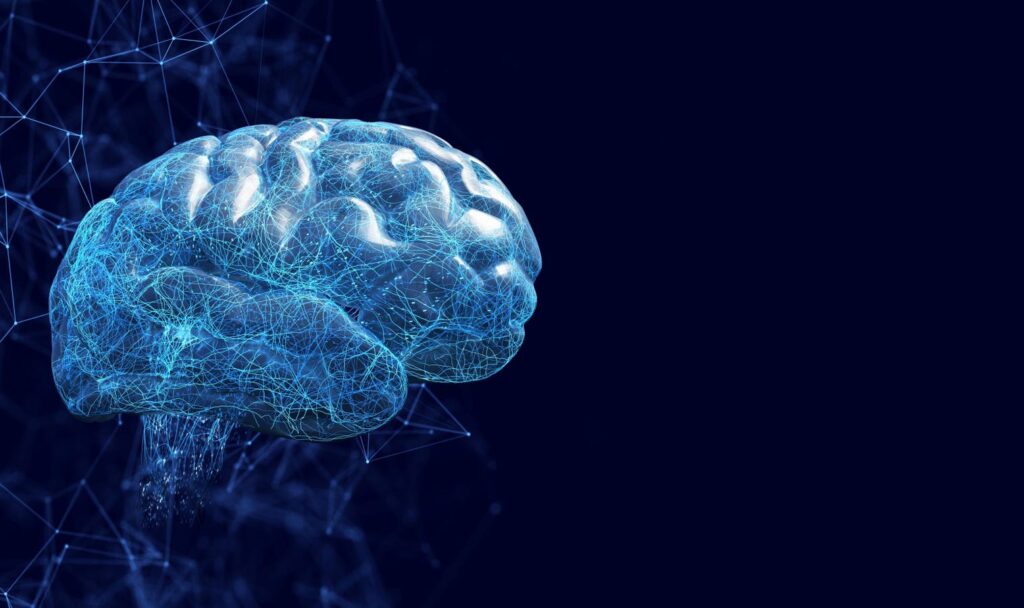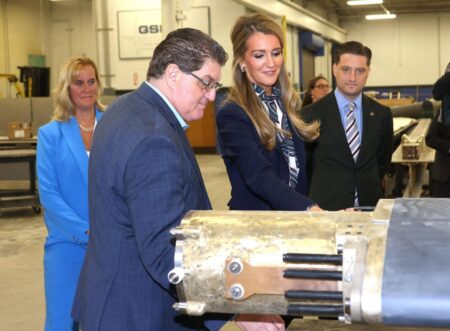As the Managing Partner of MGV, Marc Schröder is focused on working with world-class tech entrepreneurs and establishing the MGV legacy.
The concept of a “0-person startup” once sounded laughably impossible, but the acceleration of artificial intelligence capabilities has rapidly transformed this “joke” into a potential reality. I believe we could see fully autonomous businesses sooner than we think. These entities would operate without human employees and generate significant value and revenue.
The Technological Foundation
Recent breakthroughs in AI technology have created the essential building blocks for autonomous businesses. Large language models (LLMs) now demonstrate remarkable capabilities in reasoning, planning and creative problem-solving. Multimodal models can interpret and generate text, images, audio and video with increasingly human-like proficiency. AI systems can now conduct research, synthesize information and make strategic decisions with minimal human oversight.
Currently, it’s possible to use an amalgamation of these tools to create a single-person startup. The final step to achieving a zero-person company is almost here—agents to manage the AI tech stack. Existing tools already reduce the need for human intervention across numerous business functions like product development, marketing and sales, customer service, financial management and strategic planning.
Pathways To Viability
Operating costs would be minimal relative to human costs. In theory, these systems could scale as far as the market allows. Operations would never need to stop, with possible 24/7/365 service around the world in every language. The top skill sets would never be lost due to retirement or job changes. And mistakes would only need to happen once to be learned from, internalized and optimized around.
So, how might a 0-person startup achieve viability? I can see several potential pathways, such as software as a service (SaaS), content and media creation, financial services and trading and marketplaces. I would expect initial ventures to come in the digital space, leaving physical parts of the economy as sacred … at first. The media space would not be far behind in attainability, where the massive pools of existing data could fuel tailored content and media created specifically for individuals based on their preferences. Marketplace orchestration may also be a prime vertical for this concept. Financial services would likely lag based on regulatory friction, but technologically, it could be attainable.
Remaining Challenges
Despite the technological possibilities, several significant challenges must be addressed before 0-person startups can become reality. And frankly, the technological ability to do this will likely outpace the adjustments humans will have to make, like legal frameworks, trust and adoption, security and regulatory compliance. Who will be responsible for legal issues? Can AI agents leading companies represent themselves in court? Will customers be willing to purchase products and services from digital entities? Will these systems be at risk from hacking or external influences? How will these entities be regulated and taxed? What happens if they achieve monopolies or violate environmental, health or other compliance standards?
These are big questions that society would grapple with because, from a technology perspective, they are unavoidable.
The Timeframe
Given the current pace of AI advancement, it’s possible we could witness the first billion-dollar 0-person startup within the next decade. Early versions are already being developed. Initially, they will likely retain human oversight in specific domains, but that oversight will be increasingly minimized. In my opinion, this trajectory could point toward full autonomy.
The implications of this development raise profound questions about the nature of work, economic distribution and the relationship between humans and the intelligent systems we create. As these autonomous entities begin to generate significant wealth without human labor, societies will need to reconsider fundamental assumptions about income, taxation and the purpose of economic activity.
Once an absurd theory, the 0-person startup and the birth of an entirely new economic species that could radically transform our understanding of value creation in the 21st century could be on the horizon. Humanity must start grappling with this possibility and preparing for it.
Forbes Business Council is the foremost growth and networking organization for business owners and leaders. Do I qualify?
Read the full article here











